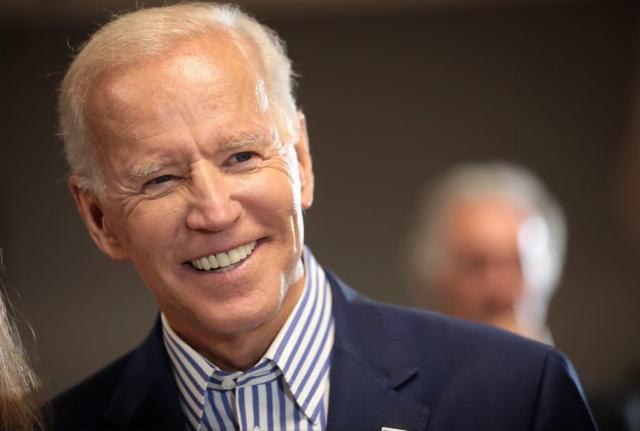Biden releases his delegates
During his press conference on July 11, 2024 at the North Atlantic Treaty Organization Summit, President Joe Biden released his Democrat convention delegates, as seen at 54:20 into the video. The questions and answers were:
Q: And, if I may, your convention is coming up where your delegates are pledged to make you the official nominee. Are they free to vote their conscience?
A: Obviously, they’re free to do whatever they want. ... Tomorrow if all of a sudden I show up at the convention and everybody says we want somebody else, that’s the democratic process. ...
Q: Even if that means they vote for someone else?
A: Sure.
Whether his release is effective as to all of his delegates depends on several factors. Rule 13(J) of the Delegate Selection Rules for the 2024 Democratic National Convention states: “Delegates elected to the national convention pledged to a presidential candidate shall in all good conscience reflect the sentiments of those who elected them.”
The rule is vague. Is it referring to the “sentiments” at the time the delegate was selected or at the time the delegate votes? Does the rule allow a delegate to vote for a candidate other than the one to whom the delegate was pledged when the delegate was selected if the delegate sincerely believes that another candidate would be better for the Democrat party and the country? Elaine Kamarck at the Brookings Institution writes: “There is no definition, nor is there any history about what constitutes “in all good conscience.” Few, if any, delegates to recent conventions have ever sought to test it.” It may be that Rule 13(J) is sufficiently vague to allow any delegate to vote for any candidate on the first ballot.
Some states have laws that govern how a delegate can vote. Ballotpedia has a table citing such laws. Some states have laws requiring that a delegate vote for the candidate for whom the delegate was pledged. Other states are silent on the topic. Some states require that a candidate’s release of delegates must be in writing. One example is Section 9-485(c) of the General Statutes of Connecticut. Another issue is whether state laws can override the Democrat party rules.
Democrat convention delegates pledged to vote for Biden on the first ballot may be able to vote for somebody else because of the vague nature of Rule 13(J), as long as there is no effective state law requiring otherwise. Delegates who are bound to vote for Biden on the first ballot, in states that allow an oral release by the candidate, have been released by Biden.
Allan J. Favish is an attorney in Los Angeles. His website is allanfavish.com. James Fernald and Mr. Favish co-authored a book about what might happen if the government ran Disneyland, entitled Fireworks! If the Government Ran the Fairest Kingdom of Them All (A Very Unauthorized Fantasy).

Image: Gage Skidmore via Flickr, CC BY-SA 2.0.





